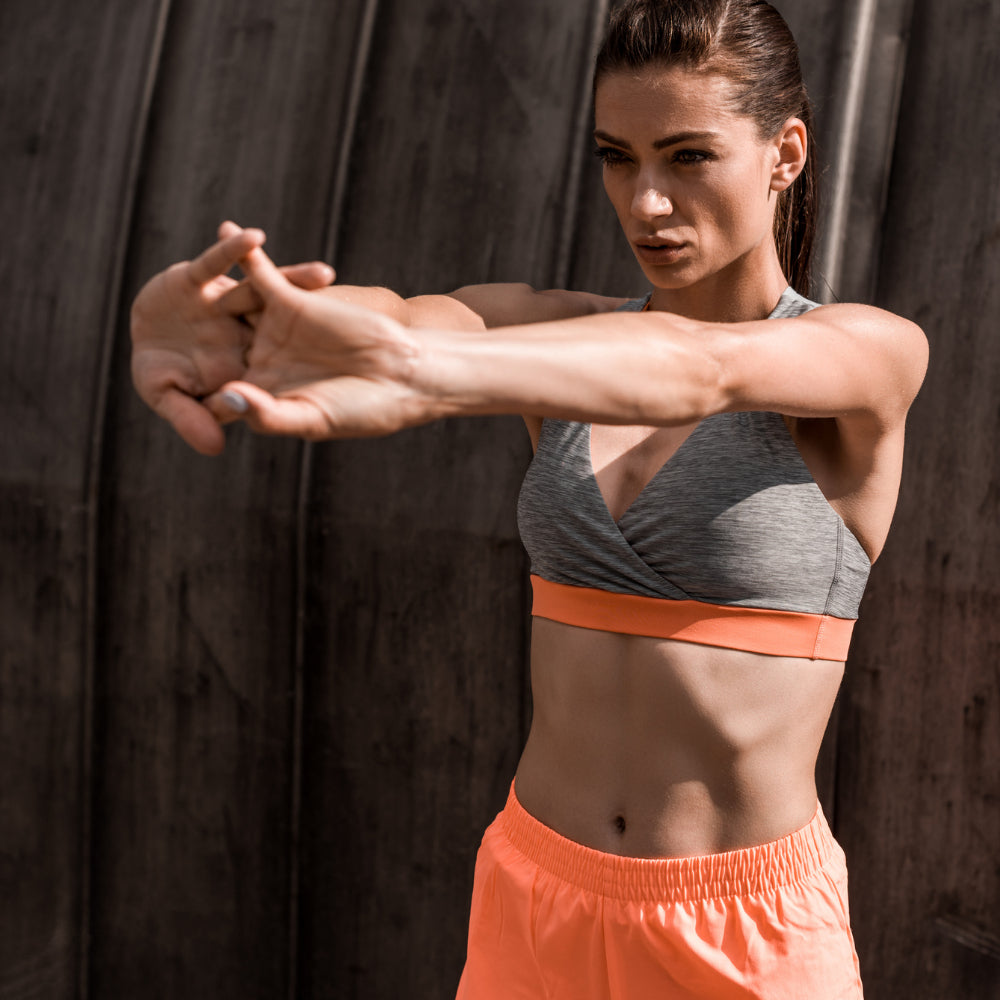
What do you think of when you imagine an elite female athlete?
Well maybe you imagine a heroic image of someone with their arms aloft, clutching a medal, celebrating that amazing win, beaming from ear to ear. Or you see someone tackling a seemingly superhuman feat, a look of fierce concentration writ large on their face. You probably don’t think of incontinence. Or the fact that elite athletes from a whole range of different sporting backgrounds experience bladder leaks on a regular basis.
Over 50% of athletes experience leaks
A recent study of athletes in eight different sports, including ballet and gymnastics, filled in a questionnaire about their experiences of incontinence. In fact over half of these women had experienced leaks at one time or another, with gymnasts, ballet dancers and aerobic athletes experiencing the highest levels of incontinence. Interestingly many of these women experienced leaks whilst training (95.2%) with 51.2% having them whilst they were taking part in competitions.
Stop for a minute and consider that fact.
Imagine you’re just about to take part in a competition and instead of being able to fully focus on your A-Game you’re worrying about the fact you might leak or that your fellow competitors might spot that you’re leaking. This is why it’s so important that we talk about incontinence more and raise awareness. It is not something that should be shrouded in shame and embarrassment.
Many athletes leak whilst training with over half leaking during competitions
In the same study it was revealed that most athletes experienced leaks (95.2%) whilst training with 51.2% getting them during competition. In the general population as a whole incontinence is also common with ⅓ women experiencing symptoms. One of the key issues surrounding incontinence is that we fail to talk about it because it is seen as an embarrassing problem.
This in turn results in women dropping out of sport (if they’re athletes), and feeling isolated and ashamed. Once we realise that it’s incredibly common, then we can get the right kind of support (and products), and then we remove some of the stigma attached to it and move forward with our lives.
Lucking the zeitgeist is changing and more athletes are sharing their experiences
A recent Telegraph article shone a light on incontinence in the gymnastics world and interviewed trampolinist and Team GB athlete Laura Gallagher Cox, 32 who won the 2017 British National Championship in trampolining. She said in the interview: 'I’ve been at competitions where I’ve seen girls pee as they take off – when they do a double back somersault you’ll genuinely see urine flying through the air.' Incontinence and leaks can occur for a variety of reasons, but female athletes in particular tend to leak because there is a constant downward pressure placed on the pelvic floor muscles which results in them becoming too tight.
Specific actions such as jumping can result in a leak (the same experience we may have if we do a star jump or jump over a puddle whilst out on a run). Importantly this article also raised the issue that worrying about leaks whether you’re an athlete or simply love taking part in sport causes anxiety. This can put you off your game or if it’s significant enough, stop you from exercising altogether. Laura Gallagher Cox cited an incident when she was 15 and leaked. In order to avoid leaks Laura said she now goes to the bathroom up to five times per session and does not drink liquids during training (despite advice from her nutritionist), in order to decrease the risk of a leak.
What is clear from the elite athlete world is that incontinence is common, but thankfully more athletes are coming forward to share their experiences. Whether you’re a runner who likes to do Parkrun on a Saturday, or someone who enjoys bootcamp with your friends after the school run, it’s paramount that you don’t let leaks stop you from doing what you love. As a first step, book an appointment with your GP to see if there are any underlying causes. The next step is getting referred to a pelvic floor physio.
To read more about ways to reduce bladder leaks check out another of our great reads here! (link to ‘Five Ways to reduce the risk of bladder leaks’). To find out more about our stylish, sustainable and secure knickers for little leaks click here.
An appreciative shout out to https://www.thewell-hq.com/ who provided the stats in this post.
